Jaafar Elalamy, CEO, Seiki
)
WAM Talks 4.0 – Interview with Jaafar Elalamy
Jaafar Elalamy is building a new model for manufacturing in Africa.
Through Seiki , he’s helping makers access the tools, technology and networks they need to produce locally and at scale. A serial entrepreneur, Forbes 30 Under 30 honouree and one of Africa’s Rising Leaders, Elalamy is focused on practical solutions that drive growth and independence across the continent.
In this thought leadership piece, he talks about the future of manufacturing, the role of distributed production and what it takes to build real change from the ground up.
As CEO of Seiki, I have seen how data analytics can transform urban planning, logistics and retail strategy. Yet, while regions like Europe and North America have embraced mobility data as a strategic asset, Africa and Morocco have yet to fully leverage its potential. Now is the time to harness this intelligence to build more connected, sustainable and inclusive cities.
Strategic Implications for Smart CitiesThe concept of smart cities has been widely discussed, but its implementation remains fragmented, particularly in emerging markets. Analysing real-time mobility patterns is no longer a luxury — it is essential for cities aiming to be smart and sustainable.
Optimising Urban Infrastructure
- Data-driven MI insights inform decisions on infrastructure investments, from tramways to electric vehicle charging stations.
- In Morocco, mobility intelligence data can guide planning for Horizon 2030 and the World Cup, optimising taxi networks, public transport and pedestrian areas to reduce congestion and promote sustainable mobility.
- However, the region is not yet fully utilising the potential of mobility data. Integrating this intelligence is urgent.
Sustainable Logistics and Freight Management
- Logistics is a major contributor to urban congestion and emissions. Analysing freight flows can streamline networks, reducing delivery times and environmental impact.
- In Côte d’Ivoire, ongoing assessments are redesigning freight corridors to mitigate last-mile emissions.
- For Morocco, where urban centres are expanding, adopting similar strategies could significantly reduce congestion.
Equitable Access to Public Services
- Mobility data can identify service gaps, ensuring that libraries, healthcare and parks are positioned within a 10-minute walk for all residents.
- In rapidly urbanising regions, this approach promotes equitable access and territorial cohesion.
- For Morocco, integrating such effective and predictive data can address disparities in public service access, fostering a more balanced urban landscape.
Implications for Brands and Retailers
As cities evolve, brands must adapt their strategies to align with changing urban dynamics. Mobility data presents opportunities to optimise retail presence, drive footfall and deliver targeted messaging effectively.
Optimising Retail Deployment
- Understanding population flows helps brands select optimal store locations, focusing on areas with high foot traffic.
- In markets like Asia, data-driven insights anticipate seasonal peaks, aligning stock levels with demand.
- In Morocco, where retail infrastructure is developing, such strategies could reshape retail landscapes, capturing untapped demand.
Maximising Communication Campaigns
- Out-of-home (OOH) advertising cannot rely solely on intuition. Data-driven approaches enable brands to target high-density zones effectively, maximising campaign reach.
- In Morocco, where OOH is prevalent, integrating mobility data into campaigns could significantly boost ROI, reducing wasted spend and enhancing targeting precision.
The effectiveness of any data-driven strategy depends on the reliability of the data. In mature markets, third-party entities validate methodologies to ensure robust and actionable insights.
For Africa and Morocco, establishing similar frameworks would boost investor confidence and provide stakeholders with the assurance that data strategies are grounded in rigorous, verifiable methods.
Why WAM Morocco?The upcoming WAM Morocco 2025 is a timely opportunity to emphasise the strategic value of mobility data in shaping smarter, more sustainable cities.
Morocco is positioned as a gateway between Africa and Europe and could serve as a model for data-driven urban planning. As the country prepares for the 2030 World Cup and Digital Morocco 2030 goal, the urgency to integrate mobility data has never been more pressing.However, this is not just about infrastructure. It is about creating a culture of data-driven decision-making that extends across public and private sectors — from optimising transport networks to designing inclusive urban spaces.
At WAM Morocco, the objective is to present a compelling narrative on how mobility data can catalyse regional transformation, aligning urban development with sustainable logistics, equitable access and strategic retail deployment.
Now is the time for Morocco and Africa to fully embrace mobility data as a strategic lever for change, setting the stage for a more connected, efficient, and sustainable future.
About SeikiSeiki launched the world's first reliable, globally certified system for outdoor advertising. This innovation brought measurability to outdoor ads, comparable to digital and TV campaigns, setting new industry standards.
The company developed Mobility Intelligence, using predictive data and AI. This technology provides unprecedented insights into traffic volumes and consumer behaviour, redefining urban planning, transportation and brand strategies. Its tools help create more sustainable and efficient urban environments by enhancing mobility, accessibility and reducing carbon emissions.
Seiki has transformed out-of-home advertising for luxury and global brands. By leveraging real-time audience metrics and mobility patterns, it enables precise billboard placement and optimal advertising timings, maximising impact, driving store visits and boosting global brand visibility.




